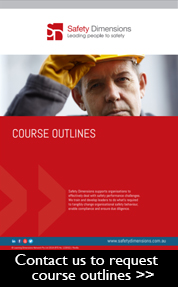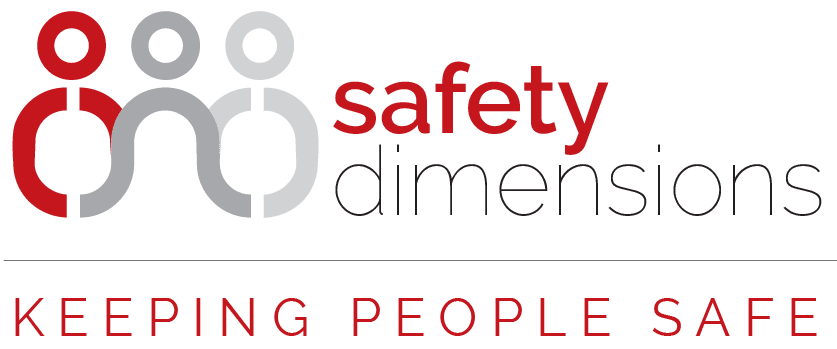Are you and your workers skimping on sleep?
It’s been proven that sleep deprivation not only means poorer performance, productivity and safety outcomes, but has an impact on our physical health.
Researchers found workers losing just 16 minutes of sleep (from the 7-9 hours a night recommended) showed a difference between a clear-headed day at work or one filled with distractions.
At the point of sleep deprivation (less than 6.5 hours a night) the likelihood of a workplace accident increases by 70%.
In this deep dive TED Talk into the science of slumber, Matt Walker shares the good things that happen when you get good sleep — and the alarmingly bad things that happen when you don’t (with some surprising insights for men) on both your brain and body.
This includes sleep’s impact on your learning, memory, immune system and even your genetic code — as well as some helpful tips for getting some shut-eye.
Sources
https://www.sciencedaily.com/releases/2019/04/190423133605.htm
https://www.americansafetycouncil.com/content/osha-10-safety/
Need to get your people focused on all aspects of safety?
Enquire about the Safety Leadership Foundation Program course outline or call us on 03 9510 0477.
Learn More About Our Foundational Safety Leadership Program
Focusing on shifting individual attitudes and mindsets regarding how safety is viewed in the workplace, this program also teaches new skills and knowledge to embed behaviour change at an individual and organisational level.
To find out how we can customise this program for your needs call us on 03 9510 0477.
Want to transform your organisation's safety culture?
 Safety Dimensions offers accredited and non-accredited leadership training for leaders, safety professionals and employees to support organisations to effectively deal with safety performance challenges.
Safety Dimensions offers accredited and non-accredited leadership training for leaders, safety professionals and employees to support organisations to effectively deal with safety performance challenges.
We can train anywhere in Australia and our programs can be customised for your workplace and industry. Download our program guide.
Call 03 9510 0477 or email info@ldn.com.au
From our blog
Working in air pollution – what are an employer’s obligations?
If your job requires you to work outside, the recent bushfires and dust storms may put your and your staff at risk of exposure to air pollution. As an employer you need to be aware of your legal obligations. Under the Work Health Safety Act 2011, employers have a duty...
How to nail your goals
Are you left with a bundle of New Year's resolutions which sounded like a good idea at the time, but never made it past the idea stage? Here are six hacks to revive those goals. 1. Know what you want and get SMART about it Goals work best if they have broader purpose...
Labour hire – what are your WHS obligations?
When hiring labour, no one should assume that someone else is taking care of health and safety. Everyone in the chain is required to know who is doing what and work together so risks are eliminated or minimised. With major construction and infrastructure projects all...
The 4 team leadership mistakes you might be making
Being a leader means you're tasked with many responsibilities, across managing people and teams, organisational expectations and performance. Not every leader is awesome at all aspects of leading teams - here are four common mistakes you may be making: No...
Engaging Hearts & Minds the key to changing safety behaviour.
Not getting improvements in your safety leadership culture, or safety statistics? It's highly likely your organisation has failed to engage your people at the hearts and minds’ level required to create and sustain a strong safety culture.Research shows...
Working well: An organisational approach to preventing psychological injury
Source: Comcare. Many employees will at times feel that they are not coping well at work for a variety of reasons. Some of these employees will experience some degree of stress as a result. While many people have strategies to deal with these situations, work-related...







